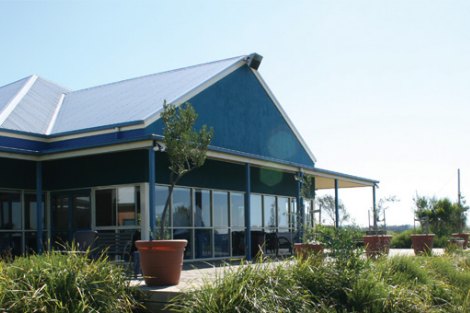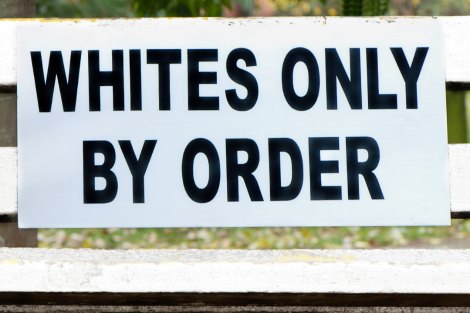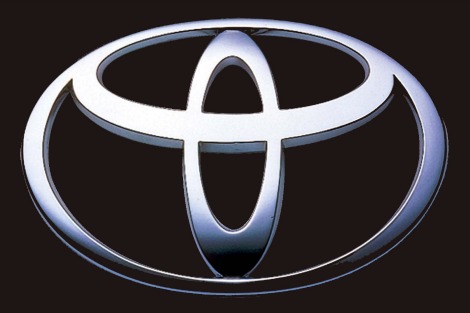Keywords: Corporations
There are more than 200 results, only the first 200 are displayed here.
-

RELIGION
- Andrew McGowan
- 01 May 2014
29 Comments
In April the Victorian Court of Appeal upheld an earlier ruling that a youth camp run by the Christian Brethren had discriminated illegally against same-sex attracted persons by refusing a booking from a community health service for an event for young gay and lesbian people. This is not an isolated case. It is sobering that churches often seem to need the courts to give them lessons, if not about sex, then about hospitality and fairness.
READ MORE 
-

RELIGION
- Andrew Hamilton
- 27 March 2014
7 Comments
The South African experience suggests racial discrimination begins with the appropriation of wealth and power by one racial group and its consequent suppression of other groups in order to extend its wealth and power. If we are to address racial prejudice and discrimination we need to examine the way in which wealth and power are distributed and protected in society. In Australia, they are being concentrated increasingly in fewer hands.
READ MORE 
-

INTERNATIONAL
- Michael McVeigh
- 25 March 2014
6 Comments
The Olympics and World Cup were once seen as a triumph of corporate and athletic enterprise, but today we count the cost. Previous events left countries with decaying venues and huge bills. Government funds line the pockets of corporations but do little for local industry. The Olympics have caused the evictions of more than two million people over the past two decades. It's time to re-think what these events are actually trying to achieve.
READ MORE 
-

AUSTRALIA
- Ray Cassin
- 12 February 2014
18 Comments
Malcolm Turnbull assures us that something will come along to fill the gap left by the demise in Australia of Toyota and SPC Ardmona. But new sources of employment do not magically appear because they have been foretold by economic doctrine. Only about a third of those who are about to lose their jobs in car making or food processing are likely to find new jobs on equivalent incomes. Another third will probably never work again.
READ MORE 
-

MEDIA
- Michael Mullins
- 10 February 2014
7 Comments
The ANZ Bank faces a huge payout after a class action by its customers secured a partial but significant victory against the bank's unfair and illegal credit card late payment fees. This is happening because we have laws to protect consumers. The Federal Government is well advanced in its efforts to wind back existing and planned laws that protect consumers, as they are considered red tape that places an unnecessary burden on business.
READ MORE 
-

INTERNATIONAL
- Ruby Hamad
- 03 February 2014
7 Comments
In a nation still divided bitterly along race lines, blacks, and to a lesser extent Hispanics, bear the brunt of America's prisons-for-profit program. The perils of mandatory sentencing should serve as a warning to NSW, which has announced mandatory minimum sentences as a response to alcohol-fuelled violence. The question is not which drug is more dangerous, but how society chooses to deal with each one and why.
READ MORE 
-

ECONOMICS
- David James
- 10 December 2013
15 Comments
It is hard not to smile over Woolworths' and Coles' 'voluntary' adoption of a code of conduct. Now that the duopoly has decided to mend its ways, it seems it can occupy the moral high ground and preach to everyone else. The Western world has been subject to a quarter of a century of propaganda about the virtues of deregulation. A closer consideration of the supermarket giants' promise to do the right thing offers little reason for confidence.
READ MORE
-

INTERNATIONAL
- Justin Glyn
- 06 December 2013
15 Comments
The recent revelations that ASIO raided the offices of Timor Leste's lawyers and detained its star witness just before its case against Australia highlights, once again, the question of the linkage between national and commercial interests. ASIO's governing statute does not permit it to engage in economic espionage. Unfortunately, the distinction between government and commercial interests is growing increasingly hard to draw.
READ MORE